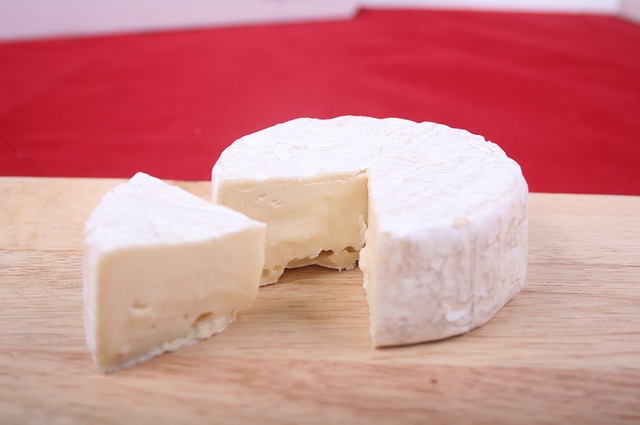Ah, cheese. That wonderful cocktail of flavor whose sole purpose of existence seems to be to make all food taste good, and good food better. And that figures; cheese is not particularly cheap anywhere, and some kinds of special cheeses actually sell for hundreds of dollars. And the variety is mind-boggling; from the run of the mill parmesan, Gouda, and cheddar, to the delicate Gorgonzola and brie, there is a cheese for every palate and every occasion.
But options become pretty limited during pregnancy; as it turns out, not even the comfort of cheese is allowed to the pregnant woman. Cheese sounds like a comfortable idea, but there are classifications there as well; hard cheeses like mozzarella are fine, but soft cheeses like brie are not that good.
Sifting through so much of information can become potentially confusing, so here we have tried to break it down onto easily digestible morsels for you.
Brie is not that good
The answer to your question is very simple. Brie is a soft cheese, and soft cheeses are not good for the pregnant woman. You can have hard cheeses like mozzarella and parmesan in moderate quantities, but it is best to steer as far clear from soft cheeses as possible. This is because soft cheeses contain thriving colonies of listeria, a kind of bacteria that lives in cold, unprocessed food. Soft cheeses are soft because they are mold ripened and much less processed, because of which the bacteria does not get killed.
Why is that so?
The bacteria called listeria can lead to a rare but very real disease called listeriosis. It affects pregnant women, and can lead to premature births and even miscarriages. Besides, listeria can travel from the mother to the baby through the umbilical cord, thus affecting the baby and leading to birth defects and even deaths.
The good sides
All said and done, brie does contain a lot of benefits. It is made with raw cow’s milk, which helps it retain most of the nutrients contained in cow’s milk through the several months of its process of birth. It is loaded with vitamins that help in keeping the mother healthy, and also aids in healthy development of the fetus. It also helps the woman grow the necessary weight that is recommended during pregnancy. Besides, the calcium content in the brie cheese also helps on strengthening the bones of the mother, which is a huge benefit since most women suffer from lack of bone density during pregnancy. It should also be kept in mind that brie helps in creating strong bones in the baby.
How should you eat brie?
It is best not to eat brie, but if you must have some, eat it thoroughly cooked. You might not enjoy the cheese as you would otherwise, perhaps paired with nice wine or with some fruits, but it can make a nice alternative for mozzarella in your pasta and pizza. Add some brie to your sandwich, and make sure you mix it up with other cheeses and vegetables to offset the effect. At any rate, make sure you are not eating it straight out of the refrigerator, or straight from the store. Whatever you are paring it with, it must be eaten cooked and piping hot.
How to buy
It is best to buy brie from known sources, only when you now that they are certainly making it from pasteurized cow’s milk. Some brands available in the market may have some brie that is made from pasteurized milk. If you are not sure, don’t buy at all. Also, check the date on the packaging; the longer the brie has been sitting, the nigger the colony of listeria, processed milk or otherwise. Always buy a brie that is as fresh as possible; if you don’t find anything that was made in the last one week or so, don’t buy the brie. And if the brie has a crumblier rind, steer clear from it; it was left to mature for a longer time, and contains unhealthy amounts of ammonia.
Pregnancy is a pretty confusing time for most women. Hormones are raging through the body, and you really don’t know what to expect from one moment to the next. There are so many changes happening to the body that it is like becoming a whole new person, and food cravings become really strange. Food that you have always loved has started to feel inedible, and you have the strangest of cravings, like eating cookies with marinara sauce. Besides, the doctor has given you a list of foods that you can and cannot eat, and it’s not something you necessarily like.

